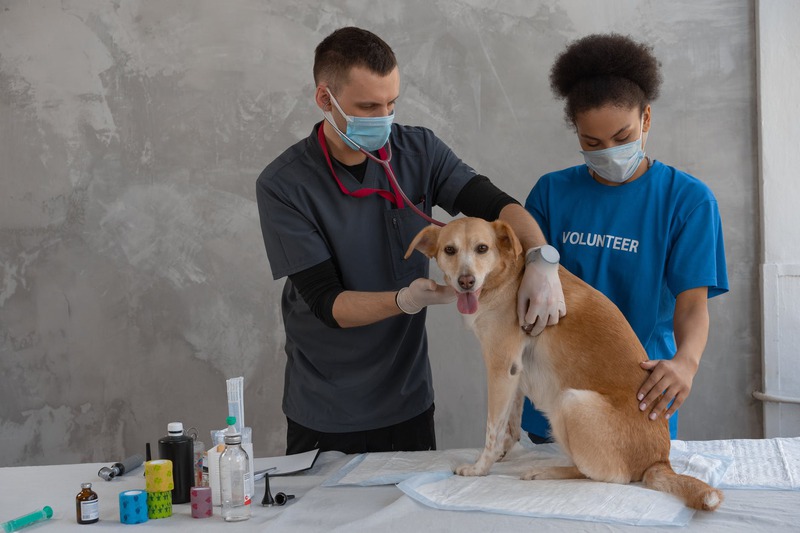Biohazard cleanups are a crucial part of maintaining public health and safety. Whether it’s a crime scene, a biological disaster, or an industrial accident, the presence of substances that can potentially harm human health or the environment merits not just attention but professional action. This article aims to shed light on what biohazard cleanups entail, the benefits of professional services, and how they can drastically reduce restoration costs.
We will also delve into the risks associated with do-it-yourself cleanup efforts and discuss how expertise ensures thorough sanitation and safety. Read on to understand why rapid and efficient response in the face of biohazards could spare considerable health dangers and long-term financial burdens.
Common Types of Biohazards
Biohazards are diverse and can be categorized into:
- Biological Biohazards: These include bacteria, viruses, and other microorganisms threatening human health.
- Chemical Biohazards: This category comprises toxic chemicals and hazardous wastes that can lead to environmental degradation and health risks.
- Physical Biohazards: Sharp implements like needles and cuts from glass or metals that can transmit diseases.
- Radiological Biohazards: These consist of ionizing and non-ionizing radiation. They are usually present in certain medical and industrial environments.
Understanding the Biohazard Cleanup Process
Biohazard cleanup involves multiple steps to ensure the safety and cleanliness of the affected environment:
- Professional Assessment: This helps identify the extent and type of biohazard.
- Damage Containment: This is done to prevent further spread of the contamination.
- Use of Appropriate PPE: Wearing the right personal protective equipment safeguards those doing the cleanup job from possible exposure.
- Effective Contamination Removal and Disposal: This ensures that biohazard materials are safely removed and disposed of.
- Final Decontamination and Sanitation: This is the last step of the cleanup process, ensuring the area is safe for habitation.
Risks of DIY Cleanups
DIY biohazard cleanup might seem tempting, but it comes with several risks:
- Exposure to Harmful Substances: You may expose yourself to dangerous biohazards without professional training.
- Potential Legal Implications: Improper removal or disposal of biohazardous materials could infringe on health and safety regulations.
- Uninsured Property Damage: DIY cleanup may further damage the property. This damage is often not covered by insurance.
- Inadequate Sanitation: Lacking professional cleaning solutions, the cleanup may not completely eradicate the biohazard, leaving dangerous substances behind.
How Biohazard Cleanups Reduce Restoration Costs?
Biohazard cleanup, when done promptly and effectively, can help cut down the expenses linked to restoration:
- Prevention of Further Damage: Quick, professional cleanup helps minimize the spread, reducing restoration work and costs.
- Reduction in Material Replacement: Professionals can salvage and decontaminate items that might have needed replacement using specialized equipment and techniques.
- Savings on Potential Lawsuits: Following safety regulations protect you from potential legal implications and fines.
- Avoiding Health-Related Expenses: A thorough cleanup mitigates health risks, helping occupants avoid costly medical bills.
Importance of Mold Remediation and Removal Services
When dealing with molds, services like Covington mold remediation help become crucial. They assist not only in removing existing mold but also in preventing future growth. You can ensure a safe, mold-free environment by leaning on professional expertise.
Professional Biohazard Cleanup Services
Organizations dealing with severe situations like crime scenes should consider using crime scene cleanup services in Covington, GA. These specialized services have the training and supplies to handle and decontaminate the scene safely.
Disaster Restoration Services
When disaster strikes, firms like PuroClean of Covington become vital allies in the restoration process. These services help recover as much as possible and promptly return the premises to its original condition.
Navigating Health and Safety Implications of Biohazard Cleanups
Biohazard Cleanups Can Encompass a Wide Range of Situations, from an outbreak of contagious diseases to the aftermath of a crime scene or even certain industrial spills. All these scenarios entail potential health risks; navigating them requires compliance with several safety regulations and protocols.
- Local Health Department Involvement: Health departments may oversee cleanup processes to ensure public safety. They often provide guidelines or specific protocols for handling and decontaminating affected areas. Following these guidelines is essential to prevent further contamination within and outside the affected area.
- Workplace Safety Importance: Biohazard cleanups often occur in work environments, so adhering to workplace safety rules is vital. Beyond just health and safety regulations, providing employees with comprehensive training on working around biohazards can contribute to a safer working environment. This training should include appropriate use of personal protective equipment (PPE), safe handling and disposal of biohazardous materials, and emergency procedures.
- Role of Occupational Safety and Health Administration (OSHA): OSHA is a federal agency responsible for regulating safety and health conditions in workplaces. They provide specific regulations and standards for biohazard handling and disposal. Compliance with these standards is not just a matter of legal requirement; following OSHA’s guidelines helps to mitigate risks and prevent accidents, keeping all involved parties safe.
Conclusion
In conclusion, biohazard cleanups are crucial for maintaining public health and safety and reducing significant restoration costs. Therefore, employing professional services to handle biohazard cleanups is important to ensure the process is handled safely, efficiently, and cost-effectively. Though seemingly less expensive, DIY cleanups may have unintended consequences and cost more in the long run.




